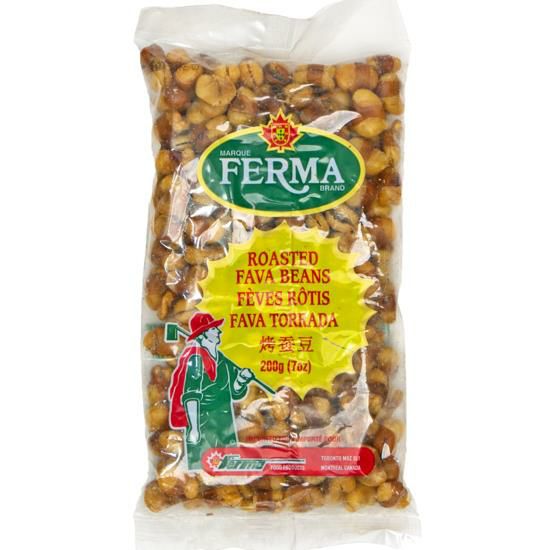A Visual Guide to Wine Making Supplies and Equipment
See all the equipment you'll need to start your wine making journey.

Both beginner and veteran winemakers can agree that winemaking is a fascinating hobby. Calculating fermentation timelines and preparing ingredients may be tedious, but the thrill brought by a homemade bottle simply makes the effort worthwhile. If you’re planning to start your journey as a winemaker, the first thing you should do is to have all the necessary tools in your new hobby.
Just like many other hobbies, winemaking relies heavily on equipment. There are many kits available online, so it won’t be a surprise if you’re getting lost in all the options. If it’s your first time researching for these tools, you may not even be sure if the supplies you’re inquiring about are essential or not.
Wouldn’t it be great if you have a visual guide to rely on? Luckily, we’re here to make your life a lot easier. The infographic we’ve prepared will touch on different winemaking supplies.

Everything You Need to Make Wine
Given the vast number of choices available, purchasing winemaking supplies can get very challenging. Settling for just any kit isn’t a good idea since low-quality tools can significantly impact your end product.
It’s best to deepen your knowledge of winemaking equipment to ensure that none of your efforts and hard-earned money go to waste. This will make it easier for you to select the best kit and make the best wine possible.
Primary fermenter
The primary fermenter is usually made of plastic or glass and one of the first things you should have. This is where you will begin processing your grape skins or fruit must.
Secondary fermenter
Also known as a carboy, the secondary fermenter is an airtight vessel that will prevent your wine from oxidizing. After 7-14 days of initial fermentation, you’ll need to transfer the mixture into this container to finish the fermentation process. If you’re making large volumes of wine, make sure to label each case and mark your calendar accordingly.
Airlock and bung
Airlocks and bungs (rubber stoppers) are small devices that seal secondary fermenters. It expels the carbon naturally produced during fermentation and prevents oxygen from coming in contact with your wine. Not to mention that it also preserves your fermented wine by keeping bacteria, molds, and other contaminants at bay.
Hydrometer
The hydrometer is a vital piece of equipment that lets you determine your must’s specific gravity (SG). Analyzing your soon-to-be wine’s potential alcohol content will let you know how far along you are in the fermentation process.
Acidity Tester
The acidity contents of your homemade wine can affect its taste. Highly acidic wines usually have a more bitter taste. You can use this simple bit of knowledge to make calculated adjustments. Tweaks in the winemaking process are the main reason why a testing kit is so valuable.
Transferring equipment
Moving your wine must from one container to another isn’t as simple as it sounds. Since you don’t want to disrupt the sediments or introduce air to your wine, you’ll need to invest in the necessary transferring equipment. Purchasing a racking kit with an auto-siphon will be ideal since it will protect your beverage from unnecessary exposure and is a lot easier than picking up the vessel to pour.
Wine bottles
Once the fermentation process is done, you’ll need to store your wine for future consumption. Since you want to age your wine, preparing clean wine bottles is necessary. Prioritize convenience and purchase sets of bottles that easily fit into your fridge or cellar.
Corks
Upon transferring your wine to a bottle, you’ll need to seal it off with a cork. If not, oxygen and bacteria will damage your beverage and render it undrinkable. As a rule of thumb, each bottle you have should have a matching cork.
Corking lever
Corking your bottles by hand is a close-to-impossible task. Apart from being downright tiring, it can pave the way for spillage, bottle breaks, and other errors that will put your efforts to waste. A double lever hand corker should be on your list of essentials to ensure that your corks effectively preserve your wine.
Sanitizing equipment
Given that fermentation is a delicate process, you’ll need to ensure that your winemaking tools are free from any contaminants. Any impurities that remain from past batches can severely affect the taste and safety of your future creations.
Have a Smooth Time Making Wine
Winemaking is very fun, but you need to do things the right way. To ensure that none of your grape wine juice go to waste, staying precise and equipping yourself with the right tools is a must. Investing in high-quality equipment will make all the difference in your creation and ensure that you have a smooth time making wines.
If you’re looking for the best winemaking supplies online, you’ve come to the right place. Take your wines to the next level and visit Danny’s Wine and Beer for winemaking essentials and more.



Leave a comment